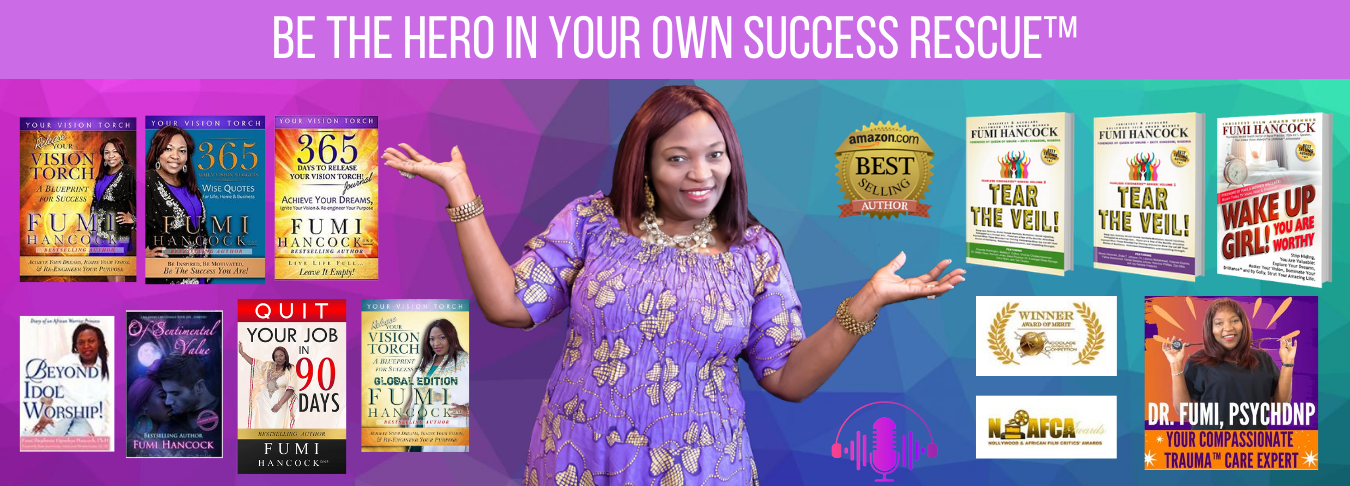 Many studies have suggested that repetition can have a positive effect on someone’s agreement with an argument. It may be important for you to learn the art of repetition—because like any skill it can be done right, but it can also be done wrong. If you are going to repeat yourself to make your point, you have to learn how to pose your repetition to create an impact. Let’s see how you can make it work…
Many studies have suggested that repetition can have a positive effect on someone’s agreement with an argument. It may be important for you to learn the art of repetition—because like any skill it can be done right, but it can also be done wrong. If you are going to repeat yourself to make your point, you have to learn how to pose your repetition to create an impact. Let’s see how you can make it work…
Change the Way You Say It!
Although repetition can be successful as a persuasion strategy, subtlety can be as important as the frequency and intensity of the message. Rather than repeating the same words and phrasing throughout the course of an argument, finding more than one way to make the same argument repeatedly can be a more effective approach. The reader or listener is likely to respond more positively to the same argument stated several ways rather than having the same message shoved down his throat over and over.
How Often Do You Do It?
The use of repetition in a persuasive argument can be effective if the argument is constructed in such a way that the repetition is spread out over a period of time. The use of repetition over the long course of an argument, written or spoken, creates a greater familiarity with the message and leads to gradual agreement if the intensity of repetition is gradual itself. Too much repetition in a short span of time or space can actually defeat the very purpose of gradual acceptance by creating a stronger aversion to the argument. All repetition should be carefully spaced at equal or similar intervals throughout the argument.
How Much Do You Do It?
In speeches or other spoken arguments that are highly emotional in nature, frequent repetition of key emotionally charged phrases can be effective. Martin Luther King, Jr.’s “I Have a Dream Speech” often is cited as one of the primary examples of the success of such repetition. However, it may be effective in messages of this nature only because of the already emotional nature of the issue. Such techniques in sales and marketing may have the opposite effect — turning off the consumer — if not approached carefully.
YOUR VISION TORCH Series
Achieve Your Dreams, Ignite Your Vision, & Re-engineer Your Life Purpose
More blog articles at www.yourinneryou.com
Dear Princess Column at: www.sentimentalnursewriter.com
Download your free sample here






